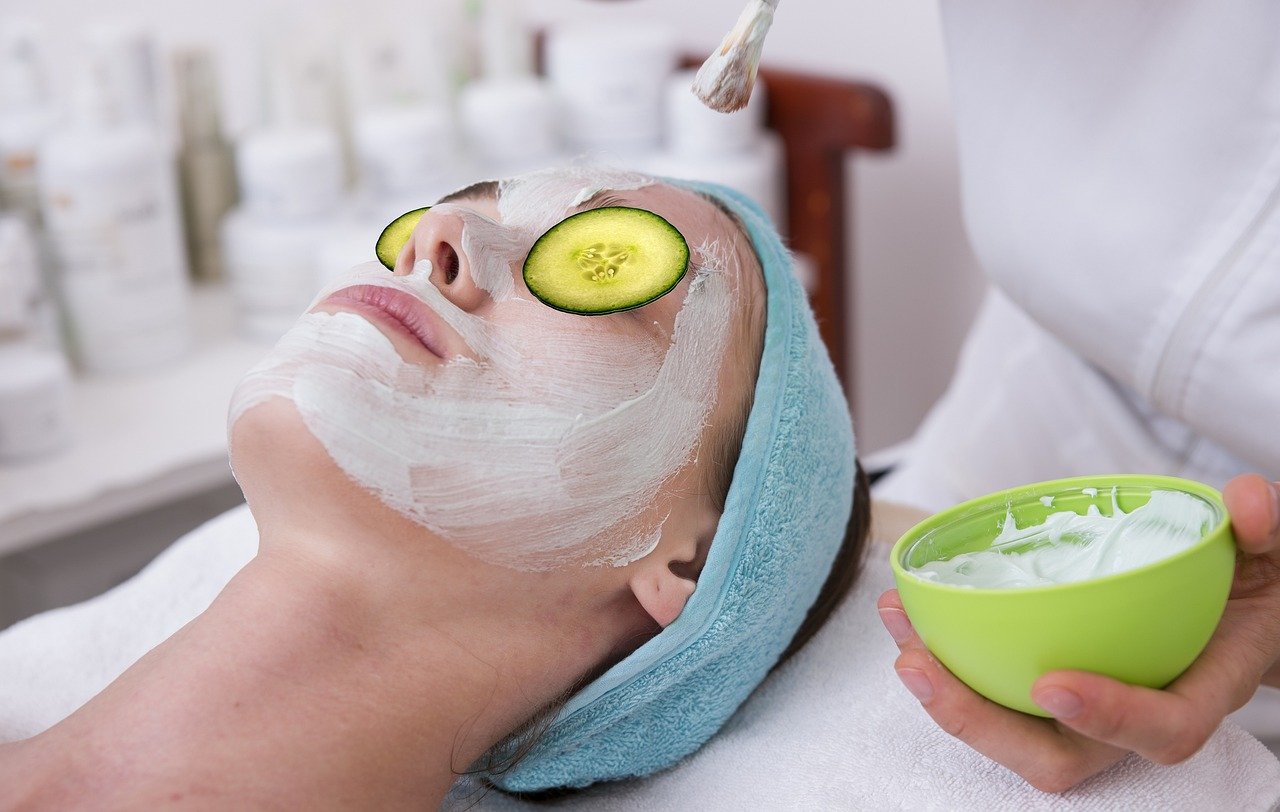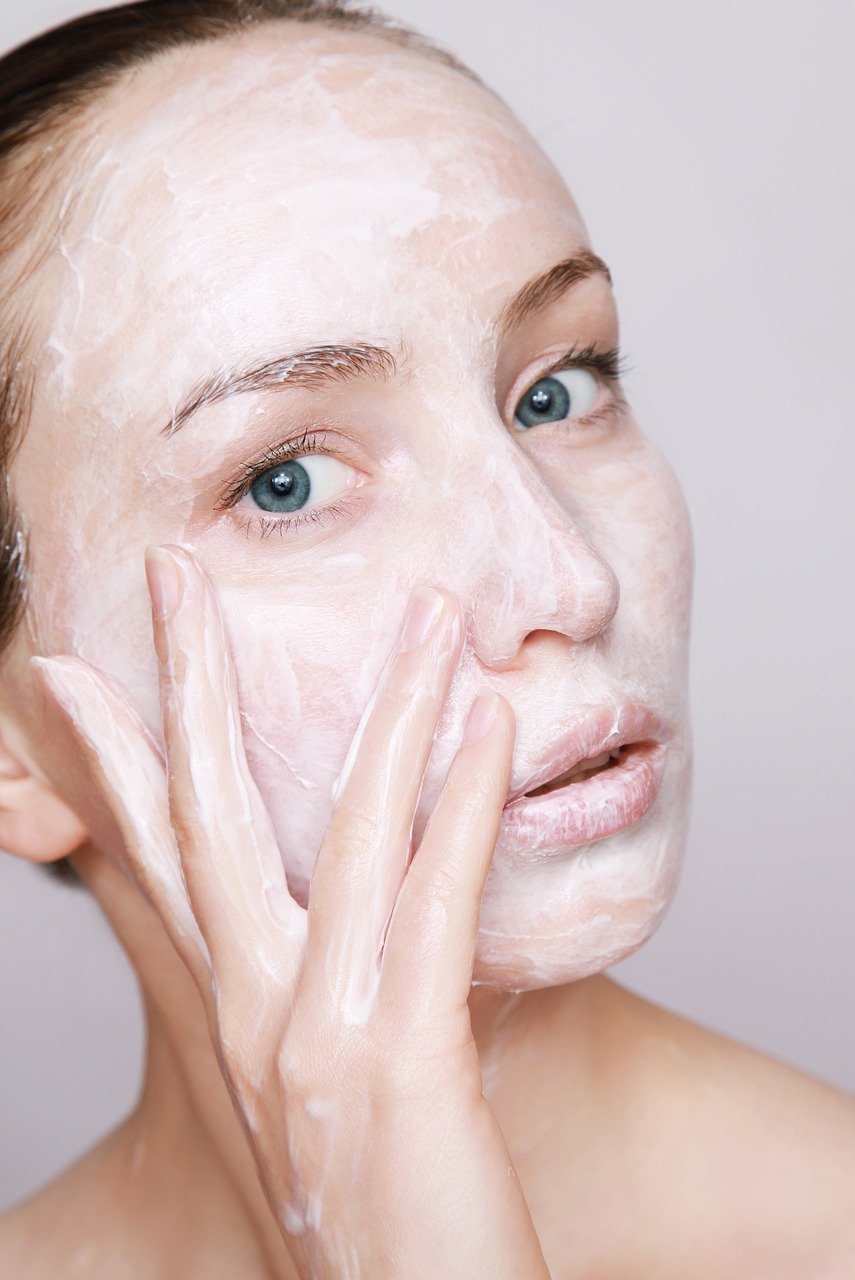The skin undergoes significant changes as we age, a process influenced by a variety of factors including chronological age, environmental exposure, and personal lifestyle choices. This natural aging process manifests in several visible signs, such as wrinkles, fine lines, and a noticeable loss of elasticity. Understanding these changes can help individuals recognize the importance of maintaining a robust skincare routine to combat the effects of aging.
One of the most significant contributors to skin aging is ultraviolet (UV) exposure from the sun. Prolonged exposure to sunlight can accelerate skin damage by breaking down collagen and elastin, which are essential proteins that help maintain skin firmness and elasticity. This degradation leads to the formation of wrinkles and sagging skin, highlighting the necessity for protective measures, such as broad-spectrum sunscreen. Additionally, factors such as pollution and harsh weather conditions can exacerbate skin aging, further illustrating the need for comprehensive skincare strategies.
Lifestyle choices play a crucial role in skin health. Nutritional habits, hydration levels, and smoking status can affect the appearance and texture of the skin. For instance, a diet low in antioxidants may result in increased oxidative stress on the skin, leading to premature aging symptoms. Hydration is equally vital; insufficient water intake can cause the skin to appear dull and less plump, making wrinkles more apparent. Smoking deprives the skin of oxygen and nutrients, further contributing to aging.
As such, combating the visible signs of aging requires an understanding of these contributing factors. By incorporating effective skincare ingredients into daily routines, individuals can address the specific needs of aging skin and promote a more youthful appearance. Selecting products rich in antioxidants, peptides, and hydrating compounds can make a significant difference in mitigating the impacts of age, lifestyle, and environmental stressors.

Key Ingredients for Anti-Aging
When it comes to effective anti-aging skincare, certain ingredients have consistently proven their worth in combating the signs of aging. This section explores the most influential components, their functions, and the benefits they bring to maintaining youthful skin.
Retinoids, derived from vitamin A, are celebrated for their powerful ability to stimulate collagen production while boosting skin cell turnover. This dual action helps reduce fine lines and wrinkles, making the skin smoother and more resilient over time. Individuals often notice improvements in skin texture and tone within weeks of incorporating retinoids into their routine.
Hyaluronic acid is another cornerstone ingredient in anti-aging formulations. This naturally occurring substance is known for its exceptional hydrating properties, as it can hold up to 1,000 times its weight in water. By maintaining skin moisture levels, hyaluronic acid plumps the skin, minimizing the appearance of fine lines and enhancing overall suppleness, which can diminish with age.
Vitamin C serves as a potent antioxidant in the fight against skin aging. It helps to neutralize free radicals, which can damage skin cells and accelerate aging. Additionally, vitamin C is essential for collagen synthesis, promoting a firmer complexion. Regular use of vitamin C can result in a brighter, more radiant skin tone, effectively reducing dark spots and uneven pigmentation.
Peptides are short chains of amino acids that play a crucial role in skin repair and regeneration. By signaling the skin to produce more collagen, they help to firm and tone sagging areas. Incorporating peptides in skincare can visibly improve the elasticity of the skin and reduce the severity of wrinkles, effectively combating signs of aging.
Lastly, antioxidants, including green tea extract and Coenzyme Q10, protect the skin against oxidative stress caused by environmental factors such as pollution and UV exposure. They offer a shield against premature aging by preventing damage to skin cells, helping to maintain a youthful appearance.
Employing these key ingredients in your anti-aging skincare regimen can significantly improve the skin’s texture, hydration, and overall vitality, addressing various signs of aging effectively.

How to Incorporate Anti-Aging Ingredients into Your Skincare Routine
Incorporating anti-aging ingredients into your skincare regimen can significantly enhance the overall health and appearance of your skin. It is essential to follow a structured approach when layering products, as this ensures that each ingredient can penetrate the skin effectively and deliver optimal results. A common principle to follow is the rule of applying products from thinnest to thickest, allowing lighter formulas, such as serums and toners, to absorb before heavier creams and oils.
Start your routine with a gentle cleanser to remove impurities and prepare your skin for treatment. After cleansing, apply a toner if desired, followed by your chosen anti-aging serums. For instance, products containing retinol or peptide complexes can be applied at this stage, as they help stimulate collagen production and improve skin texture. It is advisable to introduce these potent ingredients gradually into your regimen, starting with two to three applications per week, then increasing frequency as your skin builds tolerance.
Following the application of serums, proceed with moisturizers to lock in hydration and enhance the efficacy of the previous products. Selecting a moisturizer that includes hyaluronic acid can be beneficial, as it helps retain moisture while facilitating the absorption of anti-aging compounds. Finally, do not neglect the importance of sunscreen during the day; broad-spectrum SPF protects the skin from UV damage, which is a significant factor in the aging process.
Common mistakes to avoid when incorporating anti-aging ingredients include over-layering products, which can lead to skin irritation, and neglecting the importance of patch testing new formulations. Remember that consistency is key; regular, daily application will yield the best transitions. Additionally, ensure that you pay attention to how your skin reacts and adjust your routine accordingly. By tactically incorporating anti-aging ingredients into your skincare routine, you can maintain a youthful, vibrant complexion for years to come.

Conclusion and Additional Tips for Healthy Skin
In the quest for youthful and radiant skin, the significance of incorporating high-quality ingredients into your skincare routine cannot be overstated. As discussed throughout this guide, various compounds such as retinoids, antioxidants, peptides, and hyaluronic acid play a pivotal role in combating signs of aging. Each of these ingredients contributes uniquely, helping to minimize fine lines, enhance skin texture, and promote overall resilience.
In addition to utilizing a well-formulated skincare regimen, there are several lifestyle habits that can further support the health of your skin. One of the most crucial factors in maintaining youthful skin is adequate hydration. Drinking sufficient water daily aids in keeping the skin plump and supple, as well as flushing out toxins that can lead to a dull complexion.
Furthermore, protecting the skin from sun damage is essential. Ultraviolet (UV) rays can accelerate aging, leading to wrinkles and dark spots. Therefore, using a broad-spectrum sunscreen with at least SPF 30 daily, regardless of weather conditions, is advisable to safeguard against this harmful exposure.
Adopting a balanced diet rich in antioxidants can also have a profound impact on skin health. Foods that are high in vitamins C, E, and A, alongside omega-3 fatty acids, can nurture the skin from within. Fruits, vegetables, nuts, and fatty fish should be included in your diet, as they aid in reducing inflammation and promoting a vibrant complexion.
In conclusion, maintaining youthful skin requires a holistic approach that integrates quality skincare products with healthy lifestyle choices. By prioritizing effective ingredients and adopting beneficial habits, individuals can enhance their skin’s appearance and vitality for years to come.